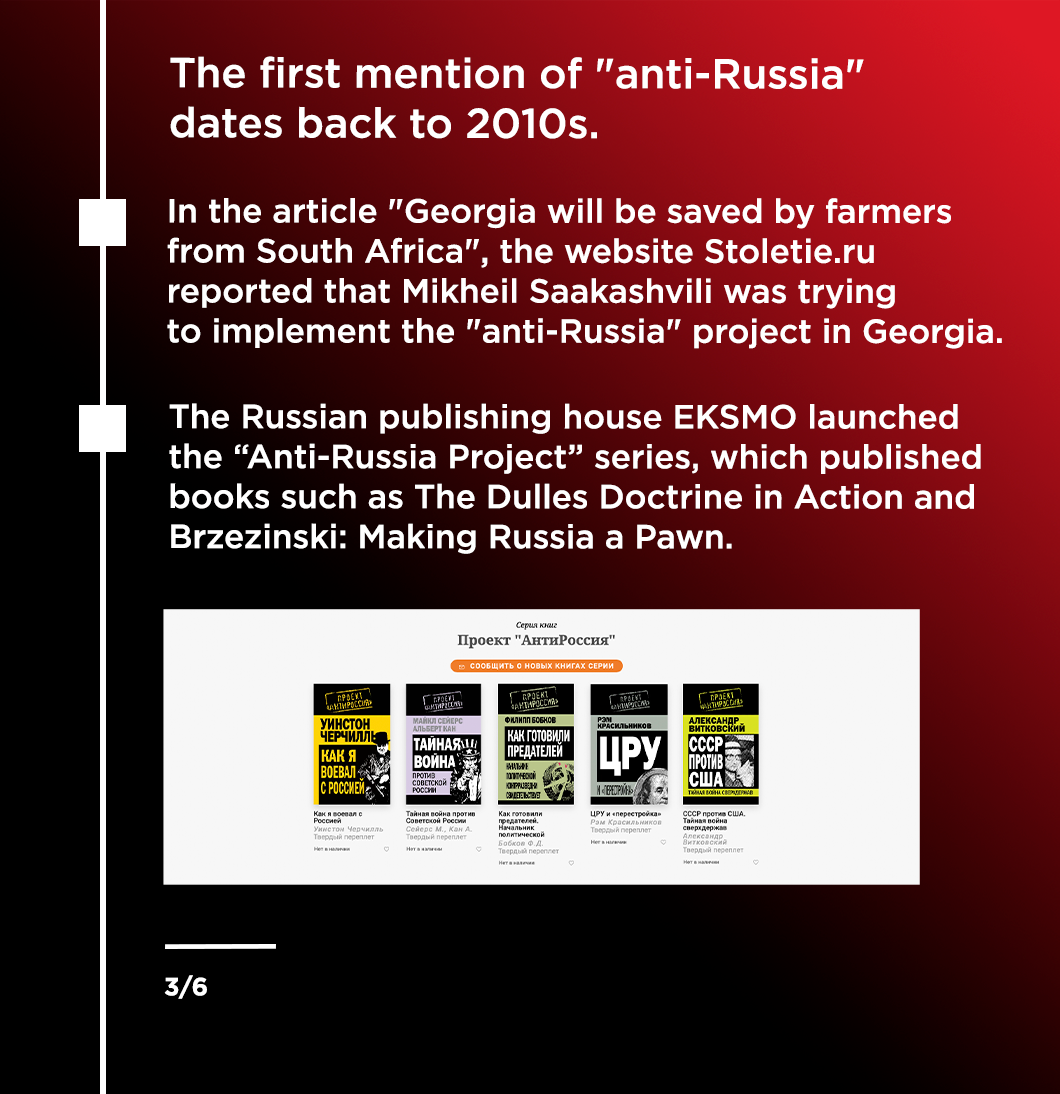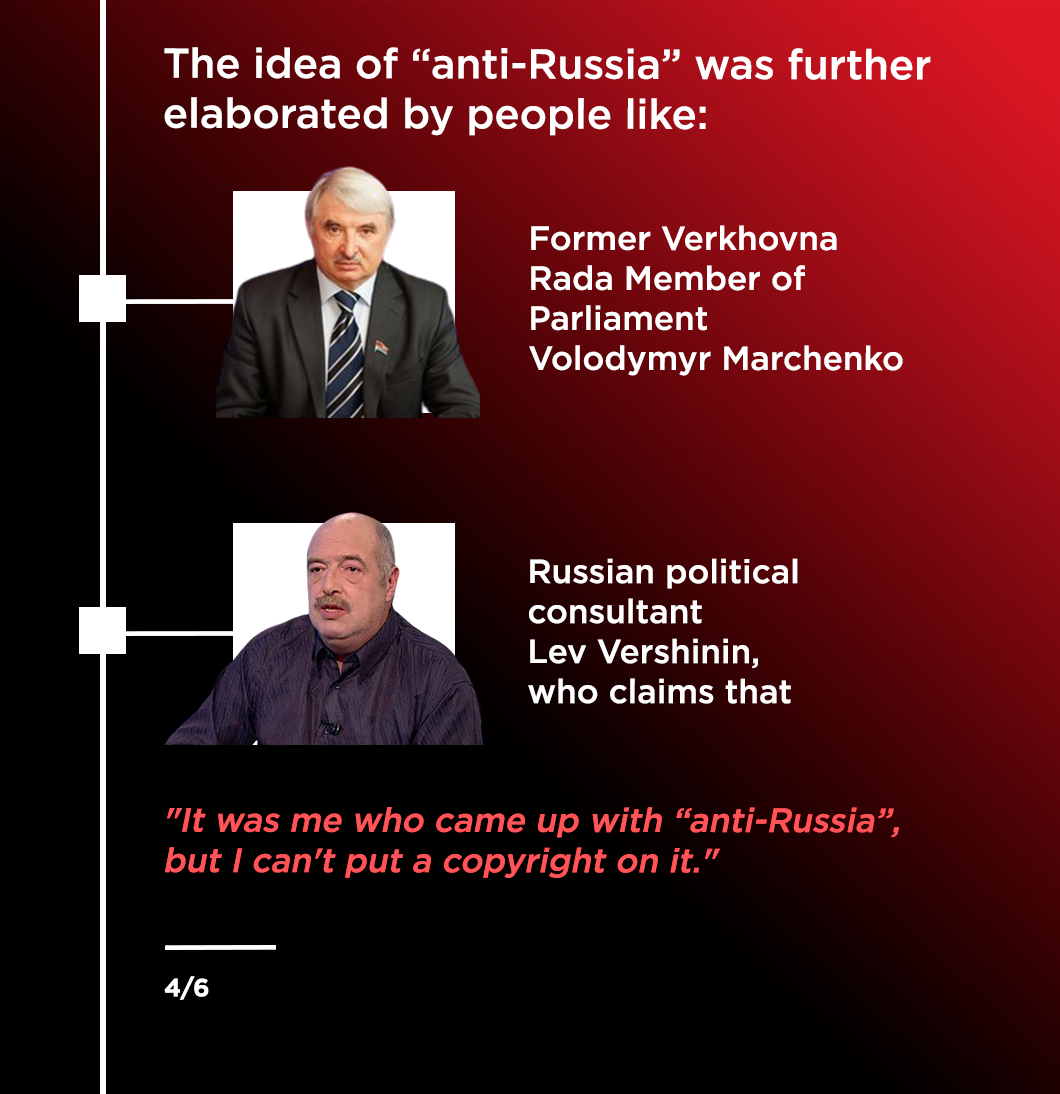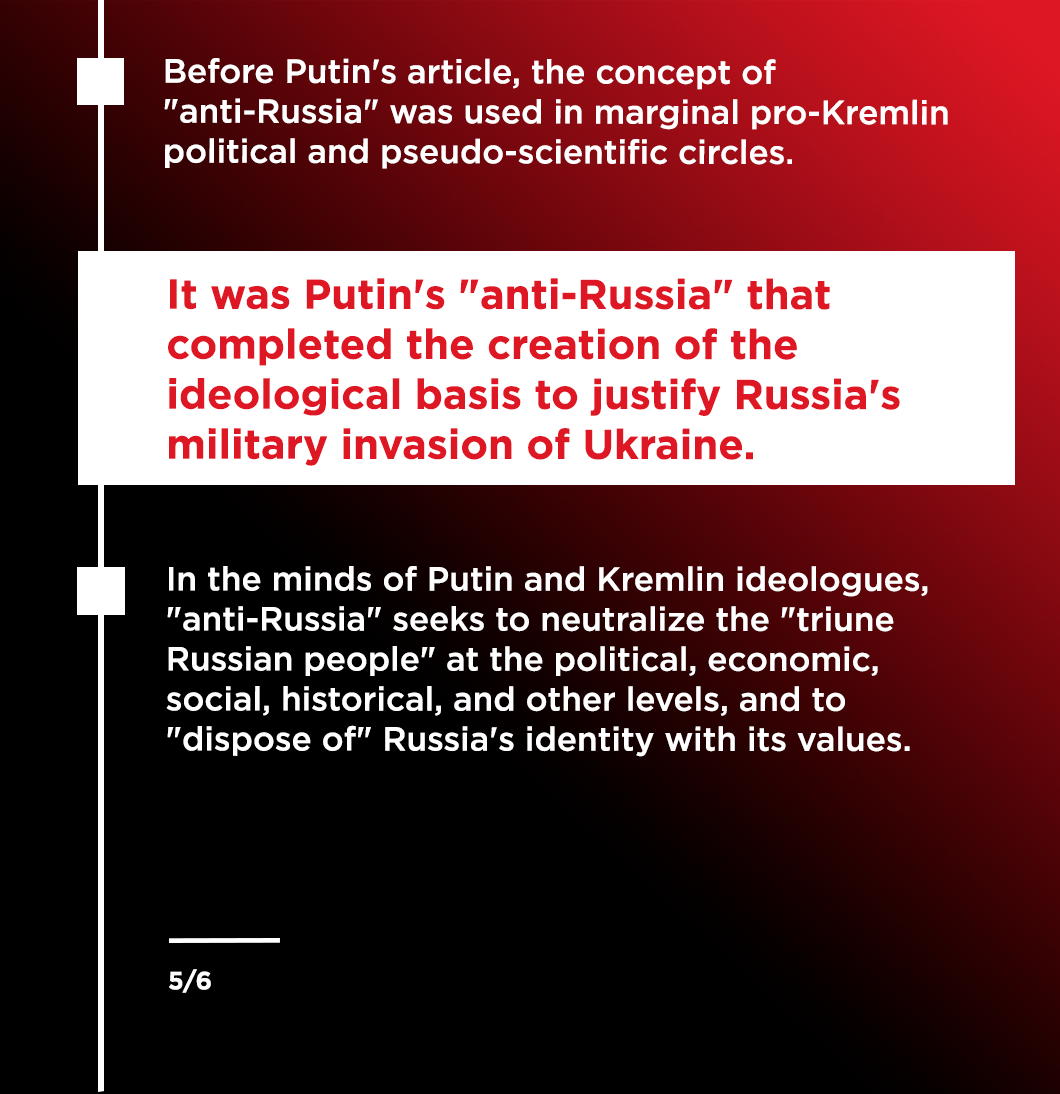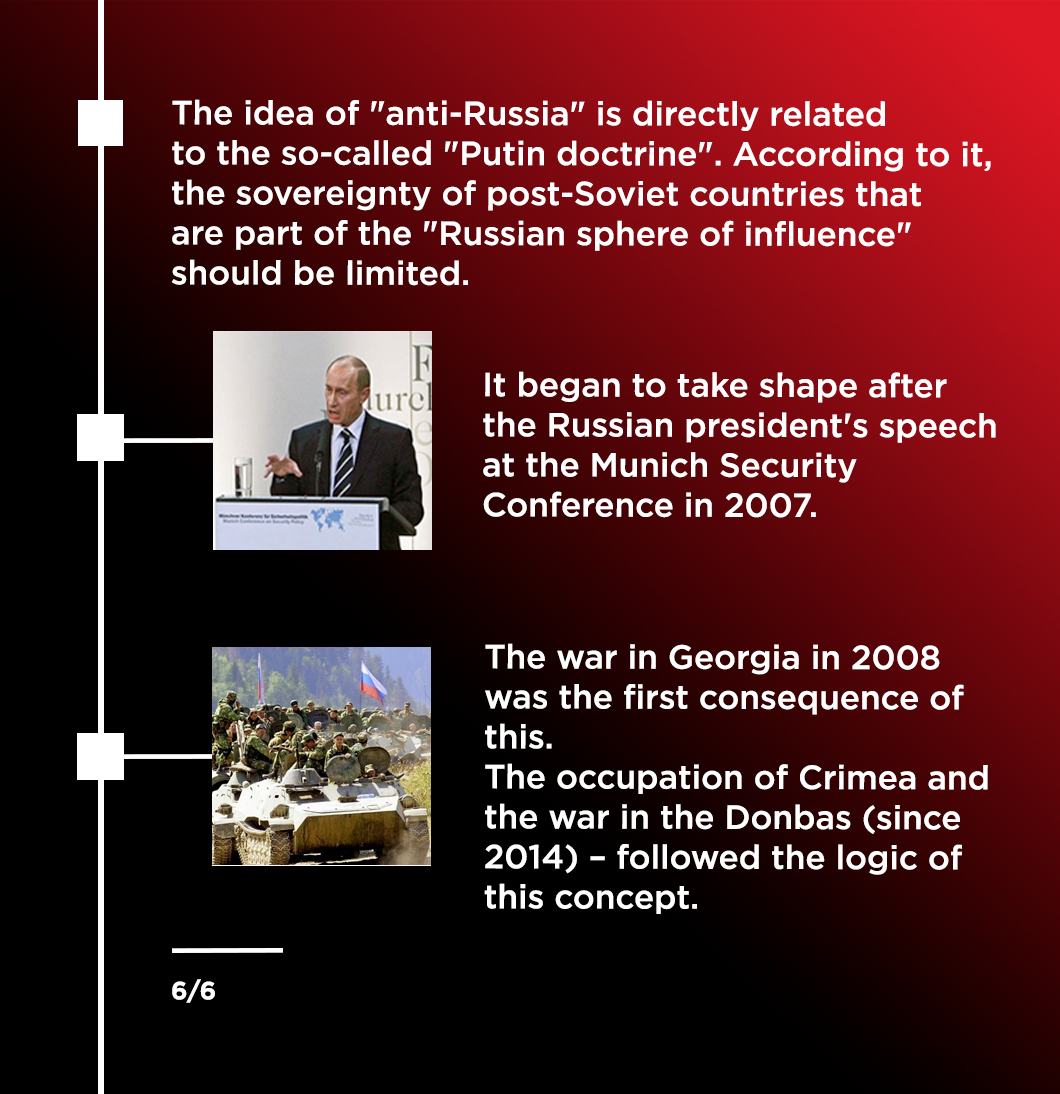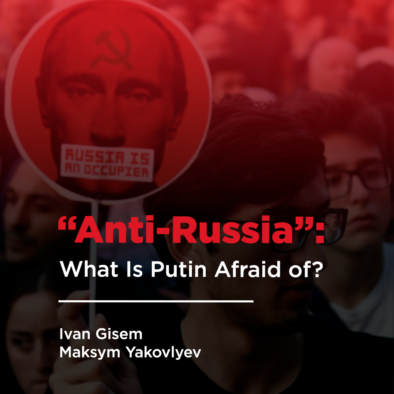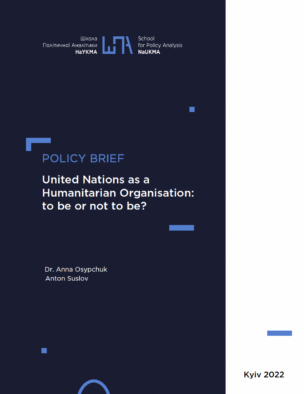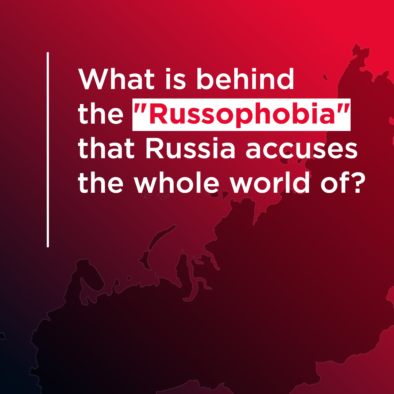The concept of “anti-Russia” became well-known with the release of a pseudo-scientific article by Russian President Vladimir Putin “On the historical unity of Russians and Ukrainians” on July 12, 2021. In his opinion, this is a large-scale political project of Western countries in modern Ukraine, which aims to turn it “into a barrier between Europe and Russia, a bridgehead against Russia” that is a kind of antipode to Russia.
At the same time, the authorship of this concept should not be attributed to Putin since the first mention of “anti-Russia” dates back to 2010. In the article “Georgia will be saved by farmers from South Africa”, the website Stoletie.ru reported that Mikheil Saakashvili was trying to implement the “anti-Russia” project in Georgia. Simultaneously, the Russian publishing house EKSMO launched the “Anti-Russia Project” series, which published books such as The Dulles Doctrine in Action and Brzezinski: Making Russia a Pawn. The idea of “anti-Russia” was further elaborated by people like former Verkhovna Rada MP Volodymyr Marchenko and Russian political consultant Lev Vershinin, who claims that “it was me who came up with “anti-Russia”, but I can’t put a copyright on it.”
Before Putin’s article, the concept of “anti-Russia” was used in marginal pro-Kremlin political and pseudo-scientific circles. It was Putin’s “anti-Russia” that completed the creation of the ideological basis to justify Russia’s military invasion of Ukraine. In the minds of Putin and Kremlin ideologues, “anti-Russia” seeks to neutralize the “triune Russian people” at the political, economic, social, historical, and other levels, and to “dispose of” Russia’s identity with its values.
The idea of “anti-Russia” is directly related to the so-called “Putin doctrine”. According to it, the sovereignty of post-Soviet countries that are part of the “Russian sphere of influence” should be limited. It began to take shape after the Russian president’s speech at the Munich Security Conference in 2007. The war in Georgia in 2008 was the first consequence of this change in Russia’s foreign policy. Everything that happened next – the occupation of the Autonomous Republic of Crimea and the war in the Donbas (since 2014) – followed the logic of this concept.
Russia’s full-scale war against Ukraine proves that the implementation of the concept of “anti-Russia”, according to which Ukrainians do not exist as a separate nation, involves the destruction of Ukrainian statehood. Paradoxically, Ukraine’s victory will mean full implementation of the “anti-Russia” scenario but in a different meaning. Before the war, Ukraine was already a liberal democracy, “anti-Russian” in content. In practice, becoming a fully “anti-Russian” will mean not only the transformation of Ukraine into a full-fledged part of the Western democratic world but also the inevitable change in the political regime in Russia itself – the fall of Putin’s fascist regime.

